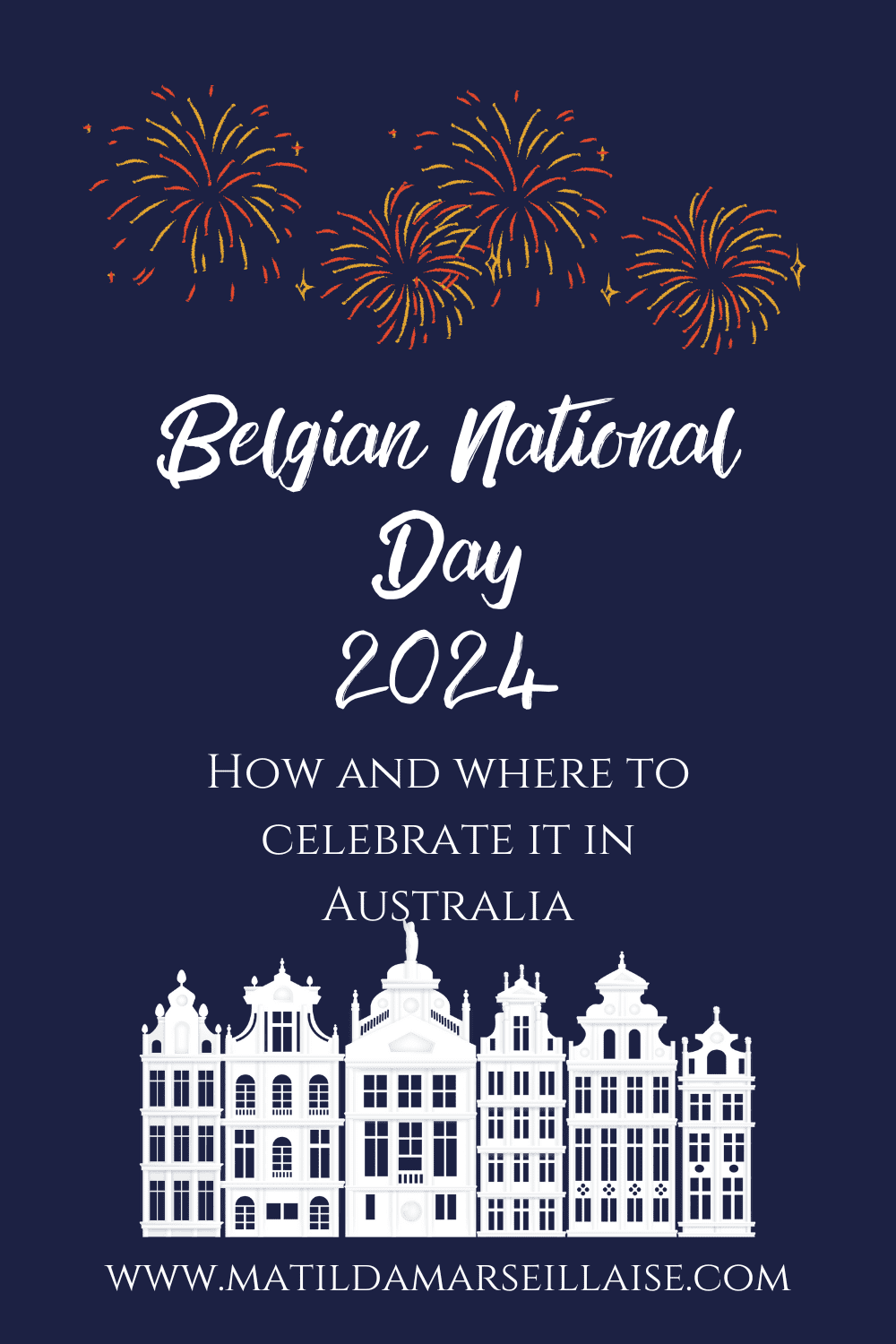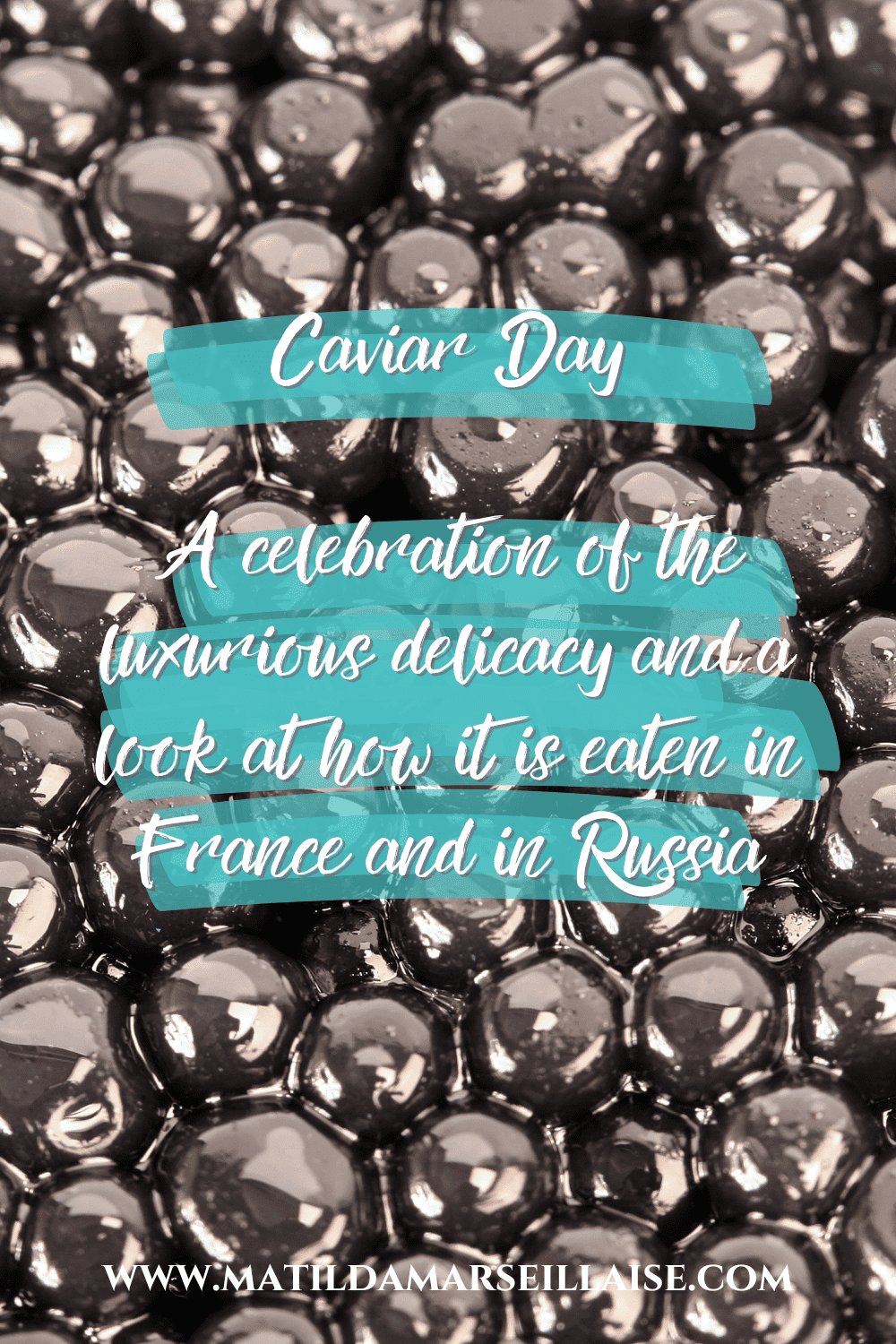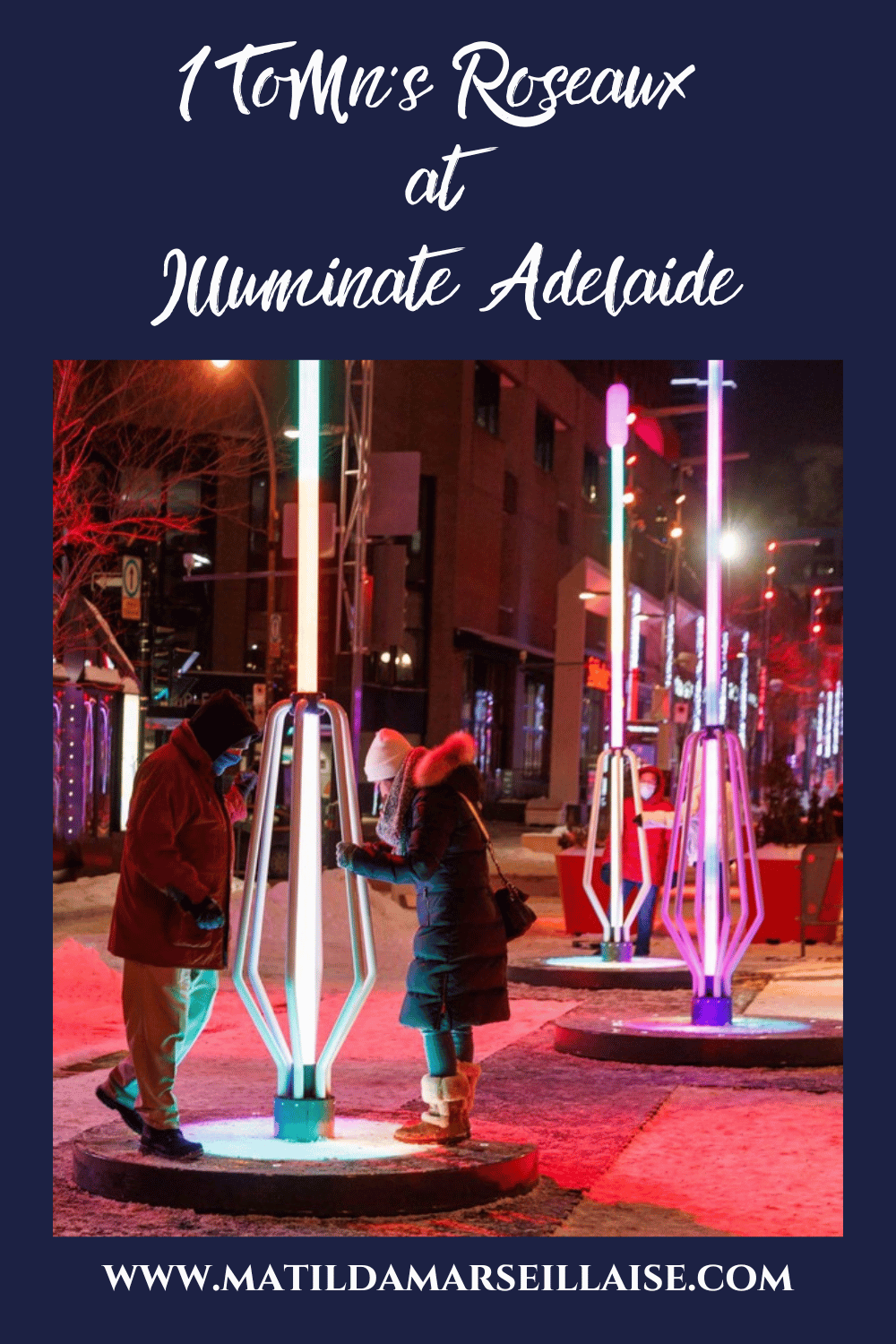A Slightly Isolated Dog, a New Zealand theatre company is bringing its show Don Juan to the Adelaide Cabaret Festival this weekend. We had a chat to Leo Gene Peters, the Artistic Director of the company and the show Don Juan.


Please tell us a little bit about the show, Don Juan, and what audiences can expect.
Don Juan is a what we like to think of it as a kind of party with your friends and where we tell the story in the theatre. So, it’s a chaotic, crazy time – you’re welcomed in by these very charming, very funny, very playful fake French performers. They flirt with you a bit. They make fall in love with you a little bit and get to know you. And then they tell the story of Don Juan with the audience. So, if you want, you can come along and you can just sit back and watch and you can be a part of the chaos in that way. It’s a pretty fantastic way to do it.
Or they might ask you to do something and you can do something. But you can also not do anything. You can just sit and watch and that’s fine. They’re very good at wanting people to have the best possible time that they can have – finding a way to encourage the people that want to play to play, and then those that want to just watch, they’re very happy about just being watched.
So, then they tell the story of Don Juan. It’s a kind of chaotic romp, an adventure, really. The whole audience gets involved and by the end of it, it’s a little family and you’ll see them in the streets a year later and go, “Oh my God, that was so amazing.” And they’re like, “Oh, it’s so good to see you!” And that’s a beautiful time. So that’s roughly something of the events that happen.
For those that don’t know the work of A Slightly Isolated Dog or the actual story of Don Juan, how would you describe them for those people?
For us, Don Juan is the boldest of people, and sometimes not in a very great way. He’s the best fighter. He’s very charming. He can talk to anyone, seduces anyone. He’s also very self-serving and he’s very he doesn’t care about what people think and he doesn’t really care about hurting people. So, he’s does what he wants to do. And for us, Don Juan is the kind of figure that we look at and we think, “oh, wow, I wish I could be more bold. I feel like I’m always myself, that I feel like I’m apologizing, like I’m hurting people all the time. I’m messing up all the time.” And he doesn’t feel like that at all. And so, there’s like tension between being this adventurous kind of philandering cad.
He’s a classic kind of Casanova style but good at fighting. Very witty, very sharp. He says whatever he wants, puts people in their place, is not afraid of offending, not afraid of the power of everybody else, lies to people, manipulates people. It’s a pretty dubious character and one that we don’t aspire to be like. But at the same time, which maybe we were just a little bit more bold like he could be, or just more confident to talk to people in the way that he is or that he can, you know, wish that we were as much of like the life of the party as he is, or could meet new people and could actually feel like we are we ourselves more often. So, it’s a real celebration of that desire for us to be more bold and yet still for people to not think that we’re like an asshole or like, not a nice person.

You’re still recognizing that there’s not all good qualities there.
Absolutely. So that’s a picture of Don Juan. He goes around seducing women and lying to his father and invading, he gets in duels and kills people and gets haunted by them, but he doesn’t care.
So just to make sure I’ve got it right… We’ve got a New Zealand theatre company pretending to be French?
Yeah. There’s definitely a wink and a nod to the whole thing. When we first made Don Juan, we were working with Molière’s text and so we sort of played with the French accents. But what we found is that by being New Zealanders, in a lot of ways, in terms of dating, in terms of sexuality, in terms of this kind of thing, New Zealanders feel often like they’re very repressed and I’m from the United States, but I’m like an Anglo. I’ve got the church and I’m also like I’m sort of half Anglican, half Catholic, you know. So, it’s like lots of repression and lots of feeling bad about everything, lots of guilt and so, New Zealanders have that thing of feeling awkward and feeling like I can possibly go out and tell somebody “oh my God, you’re very beautiful” because you say it and it feels awkward and like, “Oh no, no, no I don’t mean anything by it. I just want to”, But as soon as you put on a French accent, you can kind of say anything. It’s a beautiful mask. It’s a beautiful kind of thing that allows us to really celebrate New Zealand and the Anglophonic world’s kind of ridiculous notion of the French in that way. That’s sort of the romantic and the bold, and they’re just so very passionate, so emotional. They can be expressive of all these things. So, it’s definitely very much a nod to that.
I’m assuming if you’re doing it with a French accent that you’re having, Don Juan as a Frenchman, because of course there’s the Spanish version, there’s the French Molière version, there’s the Italian Don Giovanni. You’re basing it on the Molière version?
Yeah, it’s based off the Molière. It surprisingly actually follows the dramaturgy pretty closely using very few of the words. We based it off of that one. Everybody is French, basically, but we don’t really follow the rules of time and place, if that makes sense. It’s a very old timey tale and then at the next moment, Don Juan’s worrying about what someone said on Twitter about him. It’s that kind of thing he gets. He maybe texted last night and they didn’t reply and he’s worried about that. So, there’s it’s a very kind of jumps around time and place and a very playful way to be of a different world than something that we can look at very differently and from a distance and then at the same time can like speak to us very clearly about certain things in ourselves in our time and the anxieties and things that we live in now.
So, it’s not actually like watching a play of the story of Don Juan. It’s more we’re kind of getting told the story in like narrative?
It goes back and forth between the two. So, lots of different lots of different storytelling, but also lots and lots of scenes. And we have like set pieces and very specific and choreographed moments and then moments that are more storytelling based, and conversational in that way. But, also still very theatrical…

You mentioned earlier that the audience is very much a part of the show if they want to be. What can go wrong when you involve an audience? What can go wrong when you have an unpredictable one?
We hold the audience a lot, so we hold them very well. We’re very careful to make sure that they know kind of what to do and the game that they that we asked them to do or the thing that we asked them to play, it’s very clear. So, if we ask them to say a thing – we used to whisper it in their ear, but now with COVID and stuff, obviously you need to keep more distance. So, we have cue cards and it’s very simple. There’s not complex text or anything like that. We ask them to do very simple things and then basically we just celebrate them for whatever they do. So, they can’t really get it wrong.
And, it’s a beautiful opportunity for us to encourage people to kind of be a little bit playful, a little bit naughty within a structure that’s really pretty clear to follow. Sometimes people really miss the thing and go in a vastly different direction. And that’s actually part of the joy. If that happens, all of the little things that could change or be different, all of those things are great. They help us to kind of keep the thing alive and then we have to go “okay, cool. How do we manoeuvre? What is the new thing that has been created with that?”
So, it’s a bit of improv.
Yeah. But for the most part, the structure is also very clear and what we ask is very clear. So, you can’t really get it wrong. You could really try you to throw a thing in there. But then the performers would be cool. Part of their game is to catch people if they want to try to do that and kind of go direct them back into what we need to do.
So people can’t go too rogue. One of the questions you’ve kind of already addressed it at the beginning was whether introverts can enjoy the show without being forced to participate or being scared that they’re going to be forced to participate.
Absolutely. The one thing we do just encourage people to not be afraid. Come in, and we will not make a fool of you. You will not feel if anything, some people often say that they came in and they say “I didn’t want to do anything. I didn’t want to be involved. I sat in the back and I was like, totally didn’t want to do anything. And then halfway through, I thought, “Oh, I’d like to do something” after seeing how other people are having a good time doing stuff.
And so, my advice would be just go in, chat with people. It doesn’t matter if you chat a lot or a little in the beginning, like, none of that is going to mean that you’re more or less asked to do anything or not. You’re there in an area that is all over the place then and somebody might ask you and then if you say no, or if you look like you don’t want to do it, they’ll just go to somebody else. And they’ll just find somebody else. We’ve done this for a few years now, and it just works itself out.

The show is coming to Adelaide for the Adelaide Cabaret Festival. So, I thought it might be a good question to ask what is cabaret to you and how does this fit into the genre?
Oh, that’s a big question. To me, I think like the spirit of cabaret. This show is perfect for the spirit of cabaret. In a way, when we can see that we started to dream about it we thought of making it almost like a cabaret piece that could just it could just be individual acts that you didn’t really even have to pay attention to the whole thing to enjoy.
But then in the course of making it, we were like, “Oh, it is more narratively driven than that.” And so it’s kind of theatre show in a way because of that. There’s a sort of a little bit of a revolutionary spirit in it. It’s a little bit naughty and a little bit late night and a little bit like we’re going to come and play in a different way, in a way that we don’t often have a chance to play together.
And we find that audiences really respond beautifully to it, whether you play or whether you just watch it all happening around you. It’s a kind of chaotic, kind of mad dance of everybody in the venue, really. It has those kinds of like all of those kinds of elements of that, you know, it’s like it’s very naughty and risqué, but it’s very like not. In a lot of ways, very tame, you know, in terms of like it’s not vulgar and it’s not overt, like it’s sexual, but it’s very innuendo sexual. So, it’s much more in the world of the cabaret or that kind of like it’s the verbal burlesque in a way. It’s that is that kind of thing. And then there’s this gorgeous kind of patter that happens and these lovely, also really beautiful songs and set pieces and choreographed little acts and things that come along. So, it’s sort of constructed in that framework.
Turning to you now, how did you get into theatre and what made you decide to pursue it professionally?
That’s another good question. I think honestly, I just didn’t know what else to do. I graduated from high school when I was obviously very young and thought I need to make my life decision now about what I do with my life. And I knew that I would go – I was told as someone that came from a lower middle-class, family and was told I’d go to university. And so I went, okay, I go to university and I made some okay grades and had some options about where I wanted to go. I didn’t want to travel and kind of thought “either go to this university and do literature or and probably be a teacher.” Or then I was thinking “Oh, I’ll go to this university and study theatre and I don’t know what I’ll do, probably be in theatre and that profession” and, and just decided like kind of followed my intuition and did theatre. I’d done it as a child and things not intensively, and then as like as I sort of went further and further into study that more and more I felt “this makes sense. It’s kind of what I feel like I’m good at. I feel like I where I can make something that’s that offers people something that is bigger than myself”. The show is very chaotic and it’s very funny and the performers are great and people say “the show is great” and all this kind of stuff, but people are very responsive to it.
But also the reason the company is amazing, the group of actors and technicians that we work with and designers, they’re really amazing, because we all have the value that we want to build something that’s bigger than that. We don’t just do it. We enjoy it, of course we love it. People tell us they love it or it’s good or or they’re great performers and they’re great at what they do. Great designer, operator, technician. But the aspiration is towards actually creating a vibe for people, creating a kind of experience that’s bigger than they are. That’s bigger than we are. For these works especially, it’s really gorgeous and especially in these times, we’ve noticed that like to be able to be together, to play together, to celebrate each other in that way. Audiences are very hungry for it and to have immense joy in just playing and performing. And then also, with the bigger things like heartbreak and grief and loss, being able to play with those big kinds of things in a kind of joyous distance.
Did you found the company?
Yeah, I did. I finished [my studies] in 2004, I guess I finished drama school, I studied directing, and then I started working with a handful of colleagues who were all really great, and I really loved their work and we had made some work in drama school and stuff. So, we started devising work on our own and creating new work together into that’s always been a part of the company. The company started probably officially with the first show was in 2006-2007, or something like that.
How many different shows have put on?
The company has made a dozen shows maybe. I’ve made a bunch more shows but as an independent contractor often working for the company but like not like not in an official partnership. So, working with other theatres in New Zealand or around the world. So, I’ve made other shows with other institutions or the organisations as a contractor for them.
The company itself I think is probably between 12 and 20, I would say, and that’s including like a bunch of a number of projects like for communities or working with businesses or working in those kinds of ways like making a piece of work with the National Library of New Zealand or Hospice, New Zealand or a refugee community in New Zealand. We’ve done a number of projects like that as well.
We’ve done a of range of theatre work as well. So, this is definitely like a kind of evolution of a lot of forms and things coming together.
I saw that you have also got Jekyll and Hyde…
Yes, this is a trilogy. This suite of works, which we call like a faux French suite, in a way, as like Don Juan is one and Jekyll and Hyde is two. We’re making a version of The Trojan War now that will perform in August in New Zealand. It will premiere here.
Will that be coming to Australia this year?
Highly likely. Hopefully. That’s our goal is to tour there as soon as we can. And, we’ve made a Christmas show in that vein as well. And then we’ve made a little version of The Odyssey, which is a promenade festival little piece. We’ve made that like sort of handful of work with these same kind of performers with the same kind of game where they tell different stories and then work at that with the audience in different ways.
Is there anything else that you would like to add that we haven’t spoken about?
Just to reiterate that you don’t have to participate. Yeah, that’s the one area where some people get a bit caught up on it.
So, introverts can come and not feel like they’re going to be forced.
Yeah. It’s really lovely when we talk to people, even if they’re very shy and we can just have a little chat with them in the beginning. We can tell if people they’re shy; we can tell if you don’t want to play. And, it’s good we’re not going to be like, “oh, you’re sad. I’ll run away now.” We still would like to say “Oh, what’s your name? How are you?” Having that kind of connection is so much nicer. And for the audience members, you know, just to like to be like, “oh, my friend over there” – the actors are doing it like incredible in their ability to remember people and faces and names.
—
We thank Leo Gene Peters for this interview and look forward to seeing Don Juan
KEY INFO FOR DON JUAN
WHAT: Don Juan from A Slightly Isolated Dog
WHEN:
Friday, 10 Jun 2022, 6:30PM
Saturday, 11 Jun 2022, 9:00PM
Sunday, 12 Jun 2022, 8:30PM
WHERE: Space Theatre
HOW MUCH:
Tickets start at $30 for under 30s to $54 for Premium tickets
HOW: You can purchase your tickets via this website: https://www.adelaidecabaretfestival.com.au/events/a-slightly-isolated-dog/
To discover other shows with French links at this year’s Adelaide Cabaret Festival, click here.





